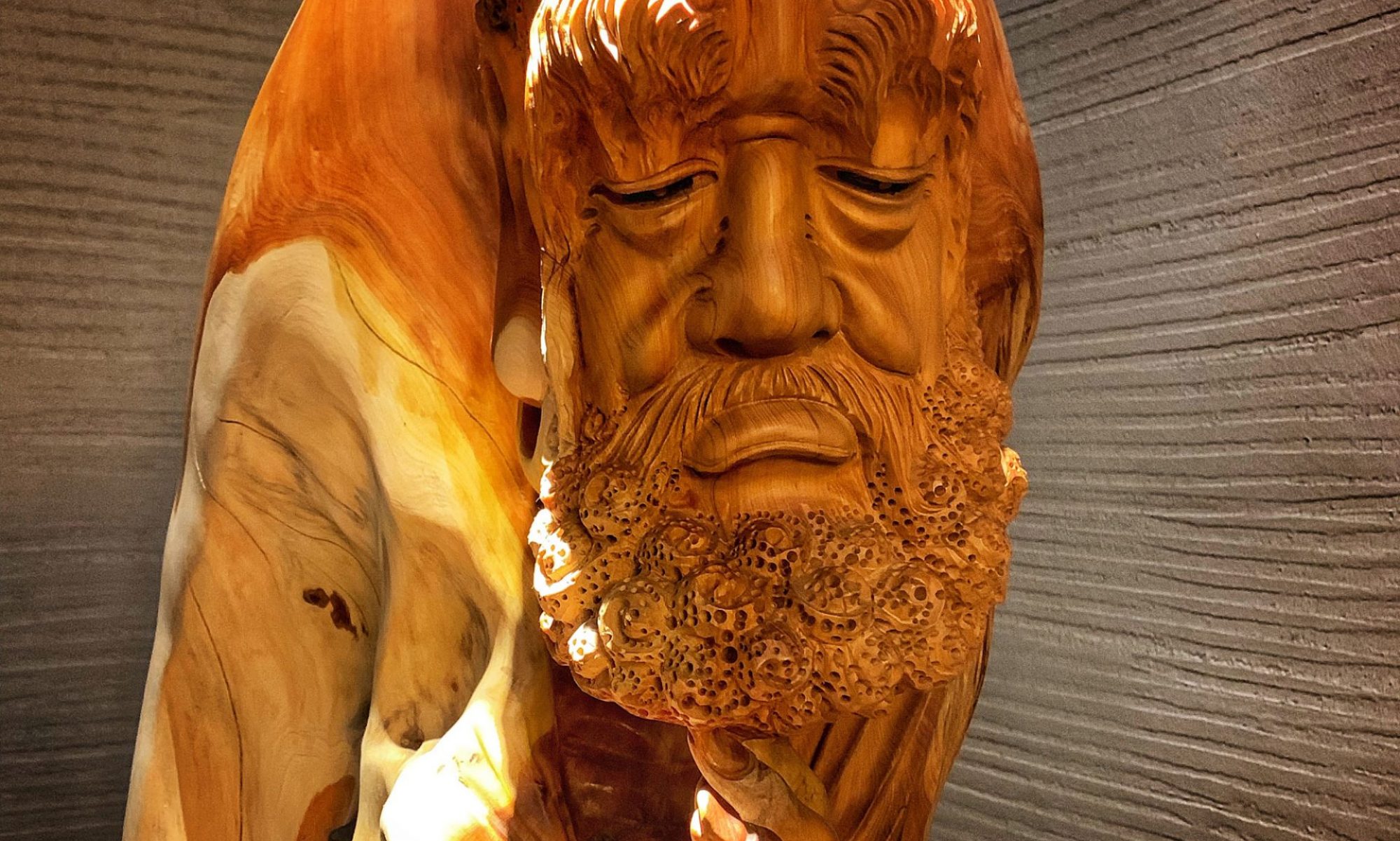It is interesting to note where Yeshua’s perception is coming from – that it is not the body that he is concerned, but rather defilements can only taint the mind. The phrase “what comes out of your mouth” clearly shows how Yeshua knew much about the mind, about the importance of what comes out from the mind, through speech, rather than what to do with the body. In a way this entire paragraph hints to us what he was teaching during the period of his tenure. It can thus be deduced that he was a practitioner of mind training, a meditator so to speak, or prayer, as he calls it during his time. It was said his meaning of prayer during his time is much about silencing, centering the heart and surrendering as in the present day context of meditation rather than the prayer of request or seeking which involved mental thinking.
The entire passage shall not, in any way, be taken literally or superficially, as doing so will deem to make him seen bias towards fasting, prayer, charity or dieting which are important aspects of a spiritual life. Reading the entire text carefully, it can be understood that the statement made by Yeshua was directed accordingly and appropriately to where those questions were coming from. It is obvious that the disciples of those questions have yet to fully realize the purpose and potential of those actions, considering the fact that they were seeking Yeshua’s approval for it. For if they have known or understood through their personal experience how those acts were supportive factors in moulding the mind towards purity, such questions would have been asked differently.
Hence to Yeshua, the appropriate teaching for that moment is to explain to his disciples the importance of motivation or intent, which springs, or begins from the mind. When that is fully understood and realized by his disciples, those acts being questioned would have been done meaningfully towards the genuine purpose of mental purification rather than growing the ego.
“When you go into any region and walk in the countryside…” seems to convey a message that disciples of olden days were constantly on travel, by foot, to spread Yeshua’s message of truth. What is obvious in the follow-up sentence was his advice on acceptance and gratitude – to receive willingly what others offer when they are welcomed to stay as guest. This sentence would have meant that the disciples were penniless travellers depending on the goodwill of people whom they come across for food and shelter, being mindful of the fact at that point of time a community of Yeshua’s faith have yet to be formed, and thus having to rely on general public for their survival.
Another way of summarizing this Logion is on the aspect of priority and importance. Emphasis seems to be directed towards spreading his teachings rather than the personal needs of his disciple’s and if this is true, his statement would have been appropriately timely and wise – it would have been a common rule of politeness for the host to request the guest for preference of food, and surely the reply would have been an exact repetition of what the Master has said. Doing so would have brought the host to faith considering the fact that the statement naturally reflects self-restraint, simplicity, convenience and frugality – qualities that are much welcome in good spiritual friendship, in contrast to co-dependence relationships.
